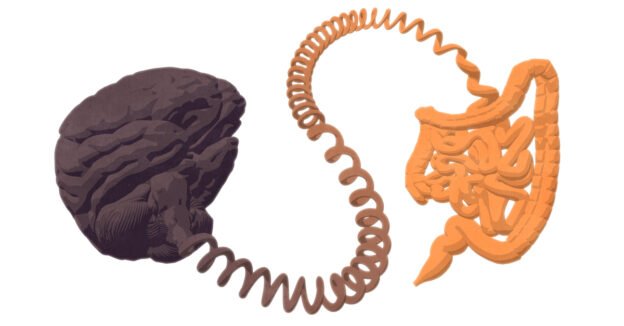“What does the G-I system have to do with autism?” The short answer is that it is often associated with behaviors of ASD, and so it needs to be addressed. What if diagnosing intestinal problems and improving gut health in non-verbal children did NOTHING ELSE other than assist in improving their overall well-being? How can anyone find fault with that strategy?
The longer answer is that there is a great deal of scientific evidence documenting a gut-brain connection in everyone, not just autistic patients. Eat an especially greasy meal and tell me you want to learn new skills. After ingesting some un-yummy fare, aren’t you grouchy? Are you ready to sit still and focus on new activities? When you get hungry, don’t you have trouble concentrating? “Butterflies in your stomach” before an anxious moment?
Dr. Michael Gershon of Columbia-Presbyterian University has published about this subject for over 40 years. “Our research is focused on the enteric nervous system (ENS), the intrinsic innervation of the bowel. This is the only part of the peripheral nervous system that is capable of mediating reflex behavior in the absence of input from the brain or spinal cord.”
Why is it so difficult for modern medical personnel to accept this concept? Perhaps because it sounds weird, unscientific, simplistic, and you can’t really SEE that system? Even today, the gut-brain connection remains a topic of debate.

